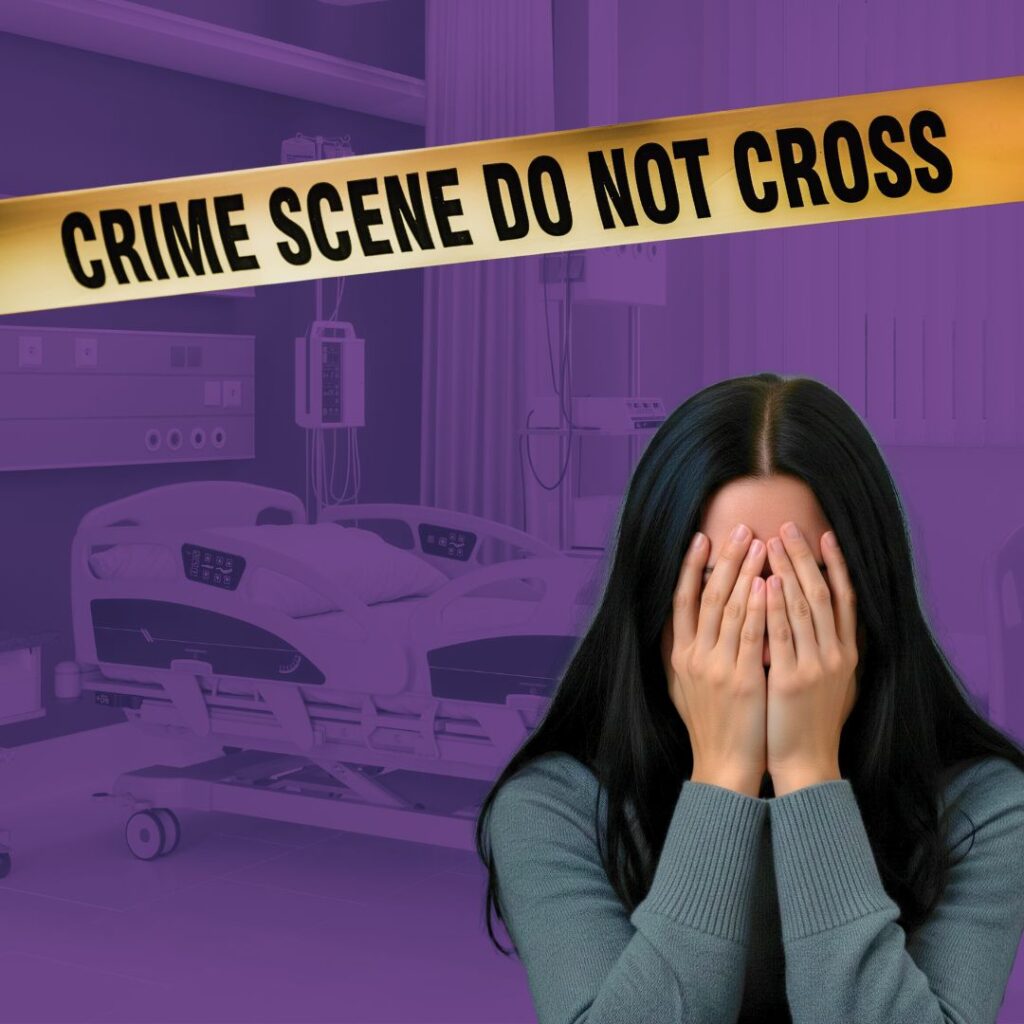In Lombardy, the epicentre of the novel coronavirus outbreak in Italy, doctors are reportedly required to make a choice on which patient should get the hospital bed.
As of Friday, March 13, Italy has recorded over 15,000 confirmed cases and above 1000 deaths due to COVID-19.
The Atlantic reported that the drastic rise in confirmed cases from 322 two weeks ago has practically made it impossible for the doctors to monitor each patient as they used to do earlier.
The hospitals were able to provide basic lifesaving functions by providing artificial ventilation to patients who complained of acute breathing difficulties when there were 2,502. But now, hospitals lack ventilators for several patients.
To tackle the situation, the Italian College of Anesthesia, Analgesia, Resuscitation and Intensive Care (SIAARTI) has released a set of guidelines that doctors and nurses should follow in these testing times.
According to the document, doctors are being instructed to practice ‘disaster medicine.’ The term comes from wars and natural disasters, when emergency doctors use triage, prioritising the order of treatment to patients based on scarce resources. The doctors have to make a choice between who to save, and who to let go.
The guidelines said that instead of providing intensive care to all patients who show symptoms, it has become necessary to follow ‘the most widely shared criteria regarding distributive justice and the appropriate allocation of limited health resources.’
‘Informed by the principle of maximising benefits for the largest number,’ the document suggested that ‘the allocation criteria need to guarantee that those patients with the highest chance of therapeutic success will retain access to intensive care.’
The authors, of this document, are medical doctors, also say that ‘it may become necessary to establish an age limit for access to intensive care.’
The patients who are too old and are unlikely to recover, or who have too low a number of ‘life-years’ left even if they should survive, will be left to die. The documents suggest that while this might be too harsh a measure the alternative, is hardly any better.
‘In case of total saturation of resources, maintaining the criterion of ‘first come, first served’ would amount to a decision to exclude late-arriving patients from access to intensive care,’ reads the document.
Apart from age, the patient’s overall state of health is also being considered.
This is in mainly because previous studies of the virus seemingly suggest that patients with serious underlying conditions are significantly more likely to die. It is also true that patients in a worse state of overall health could require a greater portion of scarce resources to survive.
‘What might be a relatively short treatment course in healthier people could be longer and more resource-consuming in the case of older or more fragile patients,’ the document claims.
The number of infections registered in Lombardy is almost identical to the number registered in Wuhan in late January, claimed Italian TV on Monday.









